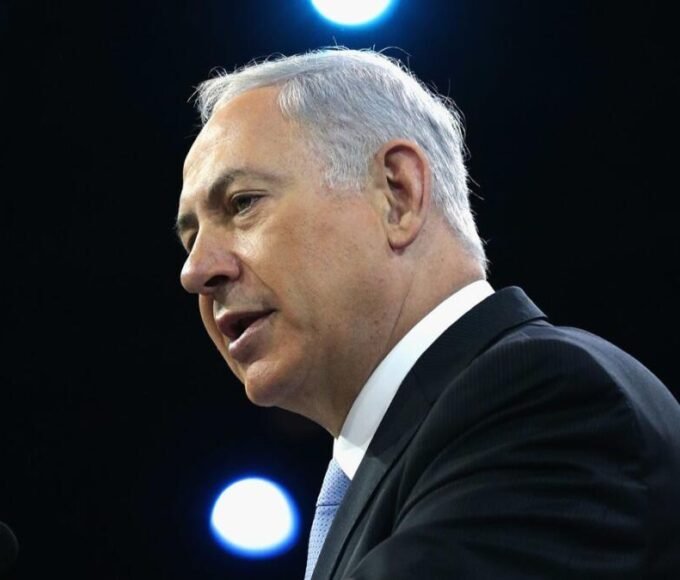Table of Contents
Rekindling a Himalayan Border Dispute
The Himalayan region has once again become the center of a heated border and trade controversy involving Nepal, India, and China. The recent reopening of border trade routes between India and China through the Lipulekh Pass—a vital gateway for pilgrimage and commerce—has sparked fresh anger and claims from Nepal, which insists this strategically significant region is rightfully Nepali territory. Former Nepalese Prime Minister KP Sharma Oli has vocally asserted Nepal’s sovereignty over the area, affirming its place in Nepal’s constitution.
This dispute not only underscores long-standing territorial ambiguities but also reflects evolving geopolitical dynamics in South Asia.
The Lipulekh Pass: Strategic Gateway and Flashpoint
Lipulekh Pass is a mountain pass located at the tri-junction of Nepal, India, and China, acting as a key transit point connecting India and Tibet. It serves pilgrims traveling to the sacred Kailash-Manasarovar region and facilitates trade. Both India and China have agreed to resume trade through Lipulekh alongside Shipki La and Nathu La passes after disruptions during the Covid pandemic.
Nepal’s objection centers on its claims over the area, based on interpretations of historical treaties and geographical demarcations, stressing its sovereignty rights and warning against unilateral actions by its neighbors.
Nepal’s Stance and Diplomatic Protests
Nepal’s government has formally protested the India-China agreement, releasing official statements asserting that Lipulekh, along with Limpiyadhura and Kalapani regions east of the Mahakali River, are integral parts of Nepali territory, incorporated within its constitution. Kathmandu cites the 1816 Treaty of Sugauli with British India and subsequent diplomatic exchanges to bolster its claims.
Former Prime Minister Oli reiterated Nepal’s territorial rights vehemently and called for diplomatic engagement with China and India to address the border issues peacefully. The legitimacy and sensitivity of Nepal’s positions have resonated strongly within domestic politics and among various political factions.
India’s Response: Historical Context and Firm Rebuttal
India dismisses Nepal’s claims as lacking legal and historical basis. Indian authorities highlight that trade through Lipulekh pass has been ongoing since 1954, based on agreements between India and China. India regards the current border disputes as “resolved” or non-substantive and emphasizes ongoing diplomatic engagement with Nepal on boundary issues.
India insists that its border infrastructure projects, including roads and trade facilities, are within its sovereign rights and have been carried out transparently and lawfully.
China’s Position and Role in the Dispute
China plays a consequential role by unanimously backing India in the trade resumption plans through Lipulekh, considering it a strategic cooperation zone. However, Beijing also recognizes Nepal’s sensitivities and has called for bilateral dialogue to address all claims. China’s maps issued in 2023 include Lipulekh within India’s administrative boundaries, a move Nepal contests strongly.
Geopolitical Implications for South Asia
The dispute reflects broader geopolitical contestations in South Asia, where rising Indian and Chinese influence intersects with Nepal’s efforts to assert its sovereignty and independence. The Lipulekh issue is one among multiple territorial questions shaping regional alignments, trade routes, and security collaborations.
It also tests India-Nepal historic relations, rooted in cultural and economic ties but strained by recent diplomatic challenges.
Impact on Bilateral Relations and Regional Stability
Tensions arising from Lipulekh have challenged upcoming bilateral visits, including Nepal’s upcoming prime ministerial visit to India. While dialogue continues, public sentiment in Nepal is charged, and nationalist rhetoric on both sides risks inflaming the situation further.
Resolving these issues equitably is vital for maintaining peace, economic cooperation, and regional stability amid a rapidly changing geopolitical environment.
Moving Forward: The Need for Dialogue and Diplomacy
Experts advocate for renewed trilateral dialogue involving Nepal, India, and China to clarify borders, enhance trust, and promote shared economic interests. Transparent engagement and respect for historical agreements could pave the way for sustainable solutions, benefiting millions dependent on these mountain passes for livelihood and pilgrimage.
The Himalayan region’s significance goes beyond territorial lines; it embodies peoples’ histories, cultures, and futures.
Conclusion: Finding Balance in the Himalayas
The Lipulekh Pass dispute epitomizes the delicate balance nations must strike—between historical claims, strategic interests, and peaceful coexistence. As Nepal asserts its constitutional sovereignty and India and China expand trade cooperation, the path ahead demands patience, diplomacy, and mutual respect.
At stake is much more than land; it is about fostering harmony in one of the world’s most geopolitically sensitive and culturally rich regions.
Read More: Putin Outsmarts Trump as Russia Unleashes Drone Havoc in Ukraine











Leave a comment